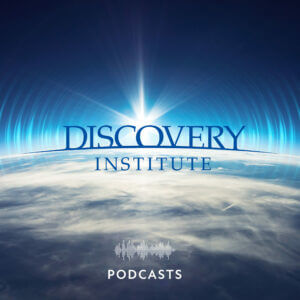Ricochet is the best place on the internet to discuss the issues of the day, either through commenting on posts or writing your own for our active and dynamic community in a fully moderated environment. In addition, the Ricochet Audio Network offers over 40 original podcasts with new episodes released every day.
Does a scientific worldview require atheism? Or are scientific discoveries of the last century pointing back to a God hypothesis? On this ID The Future, Piers Morgan sits down with “one of the most controversial philosophical minds on the planet,” Dr. Stephen Meyer, for a lively and wide-ranging discussion about the scientific arguments for intelligent design and the problems with atheism. We are grateful to the producers of Piers Morgan Uncensored for permission to re-post this interview on ID The Future.







